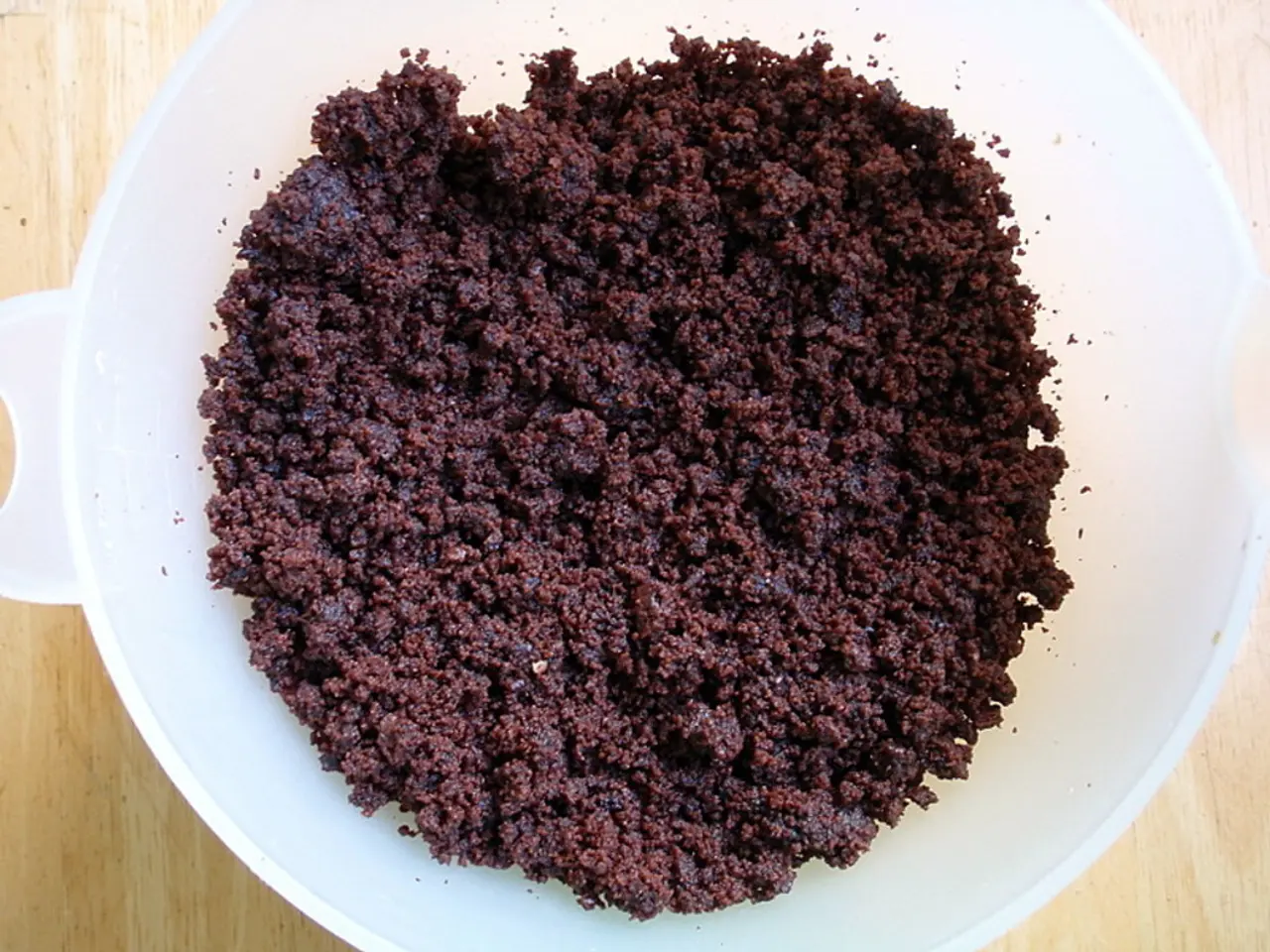Chronic Diarrhea from Colitis: Causes, Treatment Strategies, and Additional Information
Living with Ulcerative Colitis: Managing Diarrhea and Other Symptoms
Ulcerative colitis (UC) is a type of inflammatory bowel disease (IBD) that affects the large intestine, causing symptoms such as diarrhea, abdominal pain, and blood in the stools. This article aims to provide an overview of the causes, triggers, and management strategies for diarrhea in UC.
The Causes of Diarrhea in Ulcerative Colitis
Inflammation in the inner lining of the large intestine during ulcerative colitis causes diarrhea primarily because the inflamed mucosa is damaged, impairing its ability to absorb fluids properly. This leads to increased fluid remaining in the colon, which results in loose, frequent stools characteristic of diarrhea.
Factors that can trigger diarrhea flares in ulcerative colitis patients include:
- Dietary triggers: Certain foods, especially ultra-processed foods and sugar-sweetened beverages, can provoke flares or increase diarrhea frequency.
- Stress: Psychological stress has been associated with triggering or worsening symptoms.
- Other lifestyle factors: Poor sleep quality and changes in daily habits may also influence flare risk.
- Underlying immune activation: The disease’s immune dysregulation underlies flare susceptibility, although triggers do not cause the disease itself.
Monitoring food intake, hydration, bowel movements, and stress levels via journaling can help identify individual flare triggers.
Managing Diarrhea in Ulcerative Colitis
Staying hydrated is crucial for people with UC, as chronic diarrhea can increase the risk of dehydration. Following a low-residue or low-fiber diet can help people with UC diarrhea reduce how often they pass stool and improve their stools' consistency. Some helpful dietary changes for people with UC include eating more frequent but smaller meals throughout the day instead of three larger meals.
Medications for UC aim to reduce inflammation and immune system activity in the colon and rectum. Options include aminosalicylates, corticosteroids, immunosuppressants, and biologics. Stress management techniques, such as regular exercise, breathing exercises, yoga, meditation, and talking with loved ones, may help some people with UC reduce the frequency of symptoms.
Taking supplements can help top up levels of nutrients that the gut may not be fully absorbing due to UC. However, getting rid of whole food groups can deprive a person with UC of important nutrients. Consulting a healthcare professional or dietitian can help find ways of cutting out trigger foods while maintaining a nutritionally complete diet.
Living with UC
There is no cure for UC, but managing diet and stress levels can help people with UC manage their symptoms and stay in remission for as long as possible. Tracking food intake by keeping a food diary can help people with UC identify and rule out their trigger foods. It's essential to remember that everyone's UC is unique, and what triggers symptoms in one person may not affect another.
In the United States, approximately one in every 100,000 people have UC. People most commonly receive a diagnosis of UC in their late 30s or early 40s. In people with severe UC, also known as fulminant UC, people may experience up to 10 bloody bowel movements in a day.
UC diarrhea often accompanies other symptoms such as belly pain, an urgent need to pass stools, appetite loss, nausea, fatigue, fever, anemia, and nutritional deficiencies. Surgery may be recommended for UC if symptoms do not respond to medications, if complications become life-threatening, or if investigations find cancerous cells in the colon and rectum. Surgical procedures for UC usually involve removing the colon and rectum, which will change how a person passes stool.
In conclusion, understanding the causes and triggers of diarrhea in ulcerative colitis is crucial for managing symptoms effectively. By identifying and avoiding trigger foods, maintaining a balanced diet, staying hydrated, and managing stress, people with UC can improve their quality of life and reduce the frequency and severity of diarrhea flares.
Read also:
- Trump's SNAP reductions and New York City Council's grocery delivery legislation: Problems for city residents highlighted
- Forty-year-old diet: A list of meal choices to savor
- Exiled Life's Conundrum: A Blend of Liberation, Disillusionment, and Distress
- Establishing a support network for family caregivers nationwide in the United States





